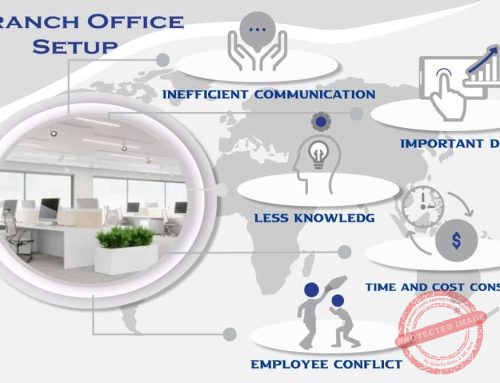Social security is a human right that satisfies the demand for protection against certain life hazards and social needs, which is worldwide.
To increase security, loyalty, and competitiveness, labor legislation is more important than ever as a strategic tool.
Although, a question can arise, “Do law and labor standards really provide social security?”
Social Security is a collection of assistance-based programs that are guaranteed by the National Social Security Fund in the event of medical expenses, childbirth, lost earning ability, sick leave, old age, death, social assistance, unemployment, and so on.
Let’s discuss it below without any delay!
How Does Law and Labor Provide Social Security?
Effective social security systems ensure health and income security, preventing and reducing poverty and inequality, and advancing social inclusion and human dignity.
Labor laws are very important and play a big part. These regulations are in place to guarantee that all workers are treated fairly in their specific workplaces and it safeguards their legal rights.
Additionally, law on labor standards have a great deal of potential to build strong and friendly bonds between workers and employers.
With appropriate working conditions, benefits, and rights, the employees must also collaborate with the business to achieve the company’s goals and pave the way for success in the long run.
The labor movement has a long history of working for laws that strengthen worker safety, safeguard employee rights, stop child labor, and provide employees more negotiating leverage with their employers.
Law of Labour Compliance Certificate in Bangladesh
Law of labour compliance certificate covers things like employee perks, firing, and established norms and laws for employees. The standards for labor compliance cover a number of acts.
The following significant actions are covered by the labor law compliance rule:
- Equal Remuneration Act of 1976 and the Contract Labour (Regulation and Abolition) Act of 1970.
- Regulation of Employment and Conditions for Building and Other Construction Workers Act of 1996.
- Industrial Employment (Standing Order) Act of 1946, Minimum Wages Act of 1948, Mines Act of 1952.
Explore The Labor Law and Legislation in Bangladesh
1. What are labor law and legislation?
The labor law serves as a tool to encourage both worker protection and worker liberty. It supervises connections between employees in the private and public sectors.
The objectives of labor law include addressing the power disparity between employees and employers, preventing wrongful termination of employees, establishing and maintaining procedures.
It allows for the inclusion of employees as “equal” bargaining units in discussions about working conditions, and other related goals.
The following are the advantages of labour law:
2. Work that is productive and pays enough:
The minimum wage, timely and consistent wage payments, payment for overtime, and Paid time off for the night, weekend, and holiday shifts.
3. Integrating work and life:
Family obligations such as parental leave, paternity leave, and flexible work schedules.
4. A secure work environment:
Health and safety at work include things like a secure workplace, free protective gear, safety training, and labor inspections, especially. connected to workplace safety and health.
5. Security of Employment:
Provide a written declaration of specifics at the beginning of employment, using temporary workers for permanent positions, and length of the trial period requirements for notice.
FAQs
1. What services does the ILO offer to workers?
The ILO is an organization that brings together governments, businesses, and employees from 187 member states to set labor standards, create policies, and create programs that support decent work for all people, men and women.
2. What function do labor standards serve?
To create labor differences, labor standards are usually utilized. A labor efficiency variation emerges when the time specified in a standard is contrasted with the amount of actual labor experienced.
3. Which three major labor laws are there?
The Employment Equity Act, the Labor Relations Act, and the Basic Conditions of Employment Act are the three principal labor laws.
The Last Words
It is now well-recognized how important it is for laws to be dynamic and progressive rather than restrictive, and it is becoming more and more clear that laws must be flexible in order to support social and economic transformation.
Additionally, our virtual help center offers practical advice on how to maintain compliance and foster a great workplace culture. We also publish articles on pertinent HR-related issues, and you can leave comments with queries or personal anecdotes.
Our team of legal professionals updates you frequently on significant business developments as well as changes to labor legislation.





